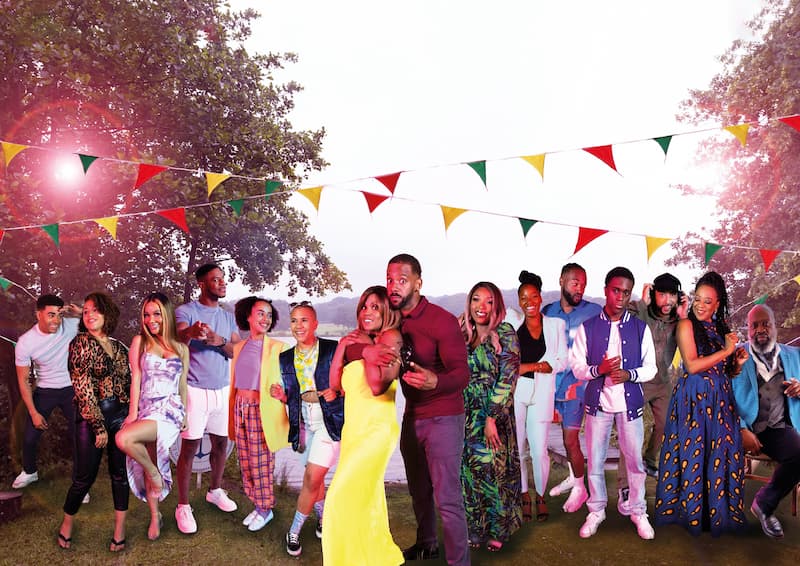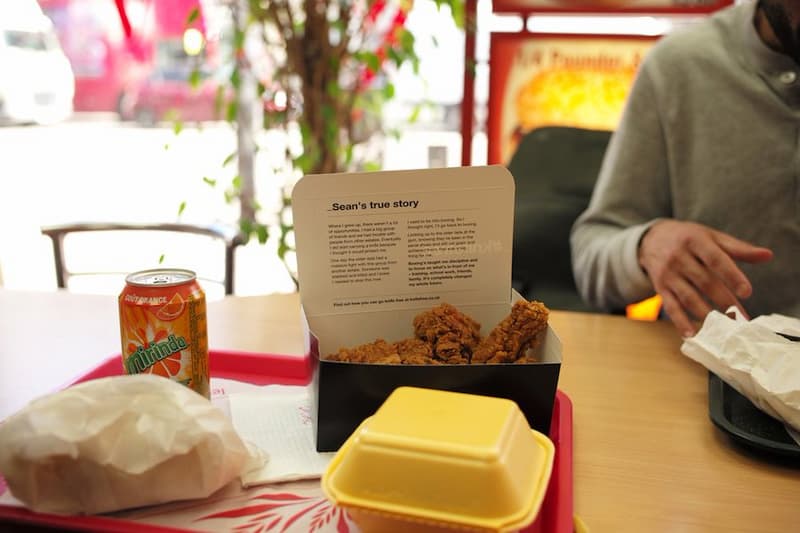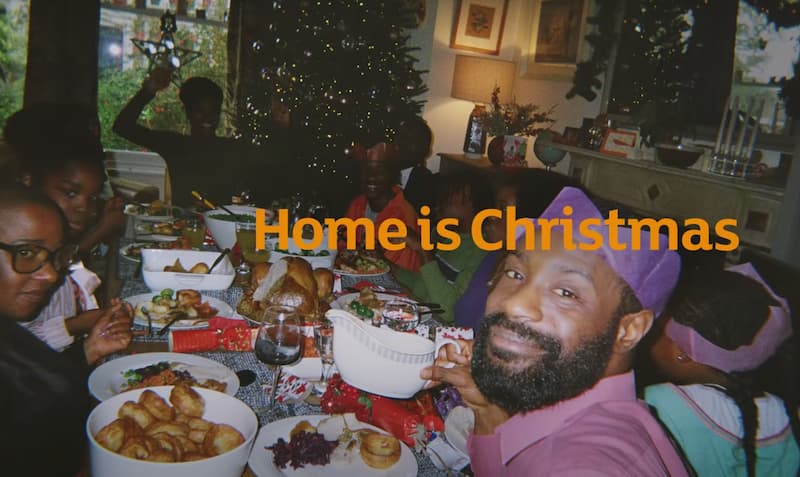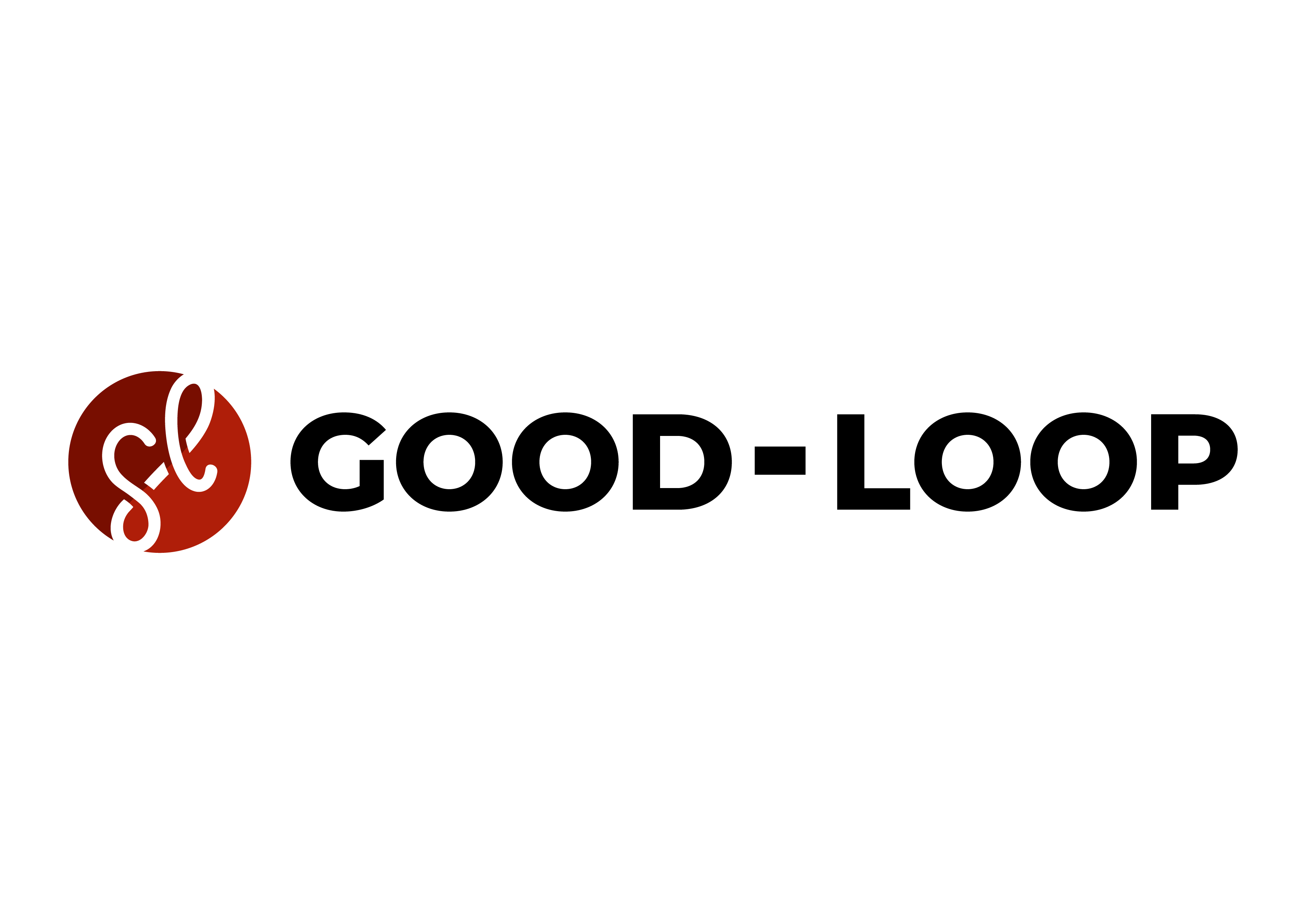The new year brings the usual new year's resolutions and commitments to doing better however, with a recession looming and tighter budgets will brands stick to their pledges or drop them like a lead balloon. When it's time to review budgets or brands want to make cuts or 'save money', DEI is the first on the chopping board (marketing is usually next!). But what about those black squares, the pan African colours on your logo or the sprinkle of the odd black person in your ads during black history month? Why is this not factored and embedded into your campaigns for the full year if this is what you say you stand for?
Of course this issue is going to take a lot more than 31 days to fix this issue (only 28/29 in the States - the shortest month). So here are some steps Adland can take that will help drive positive, authentic black representation all year round.
Will 2023 be the same as the last? Am I ever going to see real, positive black representation in the media, consistently?
Seeing is Believing
I can't stress just how important it is to be able to see someone that looks like you being represented in the media.
Growing up as a child, I used to watch all the usual popular TV shows - including 'Eastenders', 'Neighbours' and 'Hollyoaks' - and remember never seeing anyone who looked like me.
To do that, I had to rely on US shows like 'Moesha' (I wanted to be her when I was growing up), 'Sister, Sister' and 'Kenan and Kel'. I remember the day 'Home and Away' introduced its first Aboriginal Australian cast member. Though I'm not an Aboriginal Australian myself, seeing a person of colour on the TV screen really stuck with me. In fact, I ran to tell my mum there was a black woman on TV!
Fast forward to 2022, and Channel 4 launched its "Black to Front" project, where it dedicated an entire 24 hours of programming and advertising to black-led content, in front and behind the camera. For someone who rarely watches live TV, I only heard about this through Whatsapp. I mean, my phone was blowing up!
 Photo by Channel 4
Photo by Channel 4
My nan even called me to tell me to turn on Channel 4. Turning on the TV and seeing adverts with people that looked like me, plus scenarios and situations I can relate to, was not only a breath of fresh air but also just what my soul needed.
Up until then, I never realised how much I internalised the negative messages I heard from the media, and how important and powerful it is to see someone like myself actually on my screen.
But it's not just about being seen - it's also about how we are seen
Recent stats around black representation in ads are encouraging. A study by Lloyds Banking Group found black representation in advertising increased from 5.7% in 2015 to 13.3% in 2018 (this is the most recent study I can find). When you consider 3.3% of the UK population is black, this is progress, especially when a few years ago when I wrote my Masters dissertation on the representation of black women in advertising, only 5% of ads featured anyone from an ethnic minority.
However, representation is only positive when the way black characters are represented are authentic. For example, the 2022 Racial Stereotyping in Advertising report - commissioned by the Advertising Standards Authority (ASA) - found that while it was felt advertising had become more inclusive and diverse, "more still needs to be done to improve representation and avoid particular types of portrayal that have the potential to cause harm".
As Dino Myers-Lamptey said in a 2021 Campaign article: "Too often, black audiences are over-indexing in advertising because they add a dose of cultural coolness, through their roles as music, sporting or soulful and spiritual figures. Yet, mistakes are made about portrayal and the subtleties of characters and ethnic cultures, often overdoing and disproportionately casting black characters as spoken-word artists, or laid back."
Representation is not just about screen time
But it's not just about representation on the screen. It's about ensuring that black people are also represented behind the camera - coming up with the concepts, writing the scripts, directing the action.
You only need to look at some of the ad campaigns that have attracted heavy criticism or being banned for perpetuating negative racial stereotypes or being racially insensitive, including the UK government's bizarre anti-knife crime initiative and Audi's terrible Black Live Matter campaign, to understand why it's so important that black people are represented across the entire campaign lifecycle.
 Photo by Dazzed Digital
Photo by Dazzed Digital
I would be surprised if anyone from the communities they were trying to reach were in the room when these concepts were being developed.
Every community or collective group brings a wealth of experience and different perspectives. If you have no representation of the people you are trying to reach, how are you going to meet their expectations?
Promote Positive, Fair Representation
The Black Pound Report 2022 found black and ethnic groups have a disposable income worth up to £4.5bn that's currently being ignored.
That needs to change, and this will only happen through more positive, authentic black representation. Only then will we avoid the kind of ridiculous uproar that greeted Sainsbury's Christmas campaign "Gravy Song" in 2020. Despite the ad being inclusive and wholesome (as any festive ad should be), it led to a mosh pit of racist and prejudiced comments.
 Photo by Sainsburys
Photo by Sainsburys
I mean people were really upset about a black family enjoying Christmas - is it that deep? The media has an active role and is the gatekeeper to positive representation of the black community so it becomes part of everyday life and not an anomaly. As a race, we don't expect to see ourselves in every corner of the media, but we do want fair representation.
A good example of a positive, authentic campaign is the #afrovisibility billboard campaign, launched by Lekia Lee - founder of Project Embrace - in 2017. The campaign saw black women for the first time proudly rocking their afro hair and being given the same level of exposure as their white counterparts, aiming to inspire society to embrace all types of hair in the media. Something I would've never dreamed of at the time of writing my dissertation.
Campaigns that followed included 2018's "Proud to be Me" and "Rip up the Dress Code", from the following year. The latter focused on natural and afro hair in the workplace. All aimed at changing the narrative and depoliticising afro hair.
If you don't walk the walk, don't even think about talking the talk
I am sick of seeing companies who aren't doing the work splashing black squares or #BHM hashtags across their social profiles during BHM.
If you're not hiring and nurturing black talent into senior positions. If you don't use positive black representation in your ads during the other 11 months of the year. If you're not inviting black leaders to join your panel discussions (not just because they are black, but because they are experts in their fields), then forget about it.
There is no longer room for passive bystanders. You're either actively supporting inclusivity or you're against it.
In Conclusion
While more can be done, progress is being made. There are some green shoots of change across the industry and I'm all here for it. However in the midst of cost of living crisis and a difficult recession ahead, now is not the time to be reducing your efforts and back pedalling on your commitments. You don't get to co-opt a cause and then dip out when it suits you. Consistency is everything.
Rather than pencilling in 'create some BAME-focused content' into your marketing calendar one month of the year and thinking 'job done', let's start to put a real, long-term plan in place that will actually make a difference. Ensure that your DEI pledges, promises are fully baked into your 2023 objectives, KPI's and strategies because myself and the rest of your consumers are holding you accountable.

